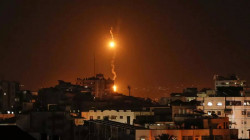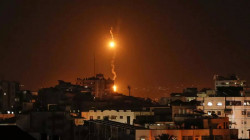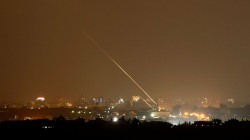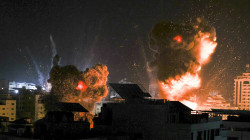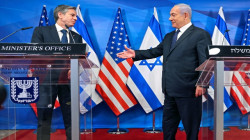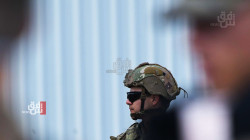The implications of threatening US Presence in Iraq: what lies ahead?
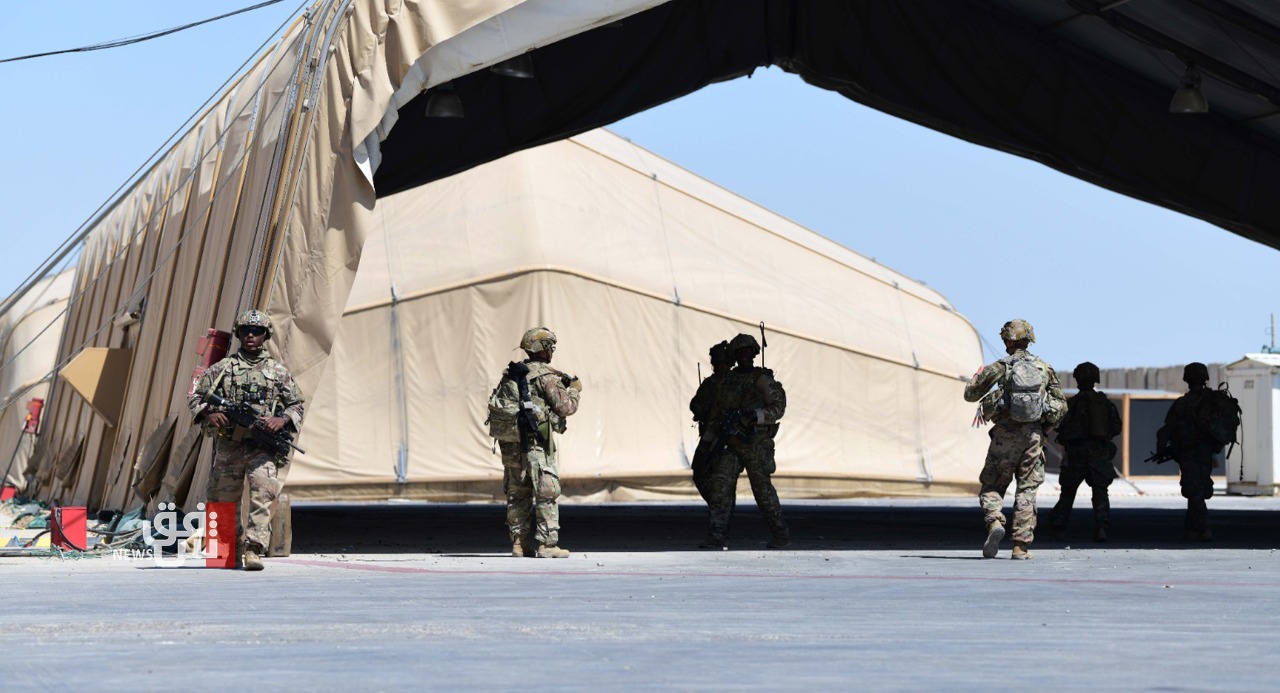
Shafaq News/ Iraq stands at a critical juncture, grappling with a delicate balance between international commitments and escalating internal conflicts while striving to fulfill its duty of safeguarding diplomatic missions and foreign nationals residing within its boundaries.
Recent developments have starkly emphasized the nation's obligation to guarantee security for everyone, casting doubts on its capacity to sustain stability amid the rising tide of threats. In the past weeks, a series of attacks targeted U.S. military bases in Iraq and Syria, carried out by armed factions expressing solidarity with Palestinians in Gaza.
Pentagon data revealed 17 attacks in Iraq and 12 in Syria between October 17th and November 3rd. The "Islamic Resistance in Iraq" announced plans for intensified attacks on "enemy bases," signaling support for Palestinian resistance.
Approximately 2,500 U.S. soldiers are stationed in Iraq, with an additional 900 in Syria, providing vital advisory support in the ongoing fight against ISIS. Against this backdrop, the Iraqi government is under immense pressure to protect not only its citizens but also foreign installations, particularly diplomatic missions.
Col. Muqdad Al-Mousawi, spokesperson for the Iraqi Ministry of Interior, emphasized the inviolability of diplomatic missions, stressing the Ministry's commitment to nationwide security.
In the face of these mounting challenges, security and strategic expert Imad Allaw emphasized the need for comprehensive approaches beyond mere deployment of security forces. He stressed the importance of engaging in dialogues, negotiations, and internal political actions to address the underlying political dimensions fueling these attacks.
In an interview with Shafaq News Agency, Allaw highlighted that these attacks were intricately linked to internal Iraqi dynamics, necessitating the government's proactive pursuit of consultations and negotiations with political factions potentially jeopardizing the interests of foreign nations and their embassies. "The Iraqi government's efforts to initiate dialogues with these factions are crucial to curbing these attacks, which undermine Iraqi interests," Allaw remarked.
Security and strategic expert Mukhallad Hazem underscored the seriousness of the situation, noting that the Iraqi government faced significant embarrassment due to the targeting of American bases and interests.
"Iraq, bound by a strategic framework agreement with the United States, is obligated to safeguard American diplomatic missions and bases."
Hazem warned that if these missions came under attack, Iraq could face legal repercussions under international law for failing to ensure the security and safety of individuals associated with these missions or present in American bases affiliated with the Global Coalition or NATO.
He also emphasized the gravity of the situation, stating that these incidents could tarnish Iraq's image and security standing among neighboring, regional, Arab, and European countries.
"These targeted attacks pose a negative perception of Iraq's security situation, particularly at a time when the country is striving to establish ties with neighboring nations, attract investments, and foster economic growth," Hazem pointed out. He further noted that Prime Minister Mohammed Shia Al-Sudani's assurances to international companies regarding security and safety could be compromised, potentially undoing the progress in attracting investments across various sectors, including energy, health, and infrastructure.
Hazem concluded by expressing the challenges faced by the Iraqi government, caught between honoring international agreements, diplomatic responsibilities, and the operations of resistance factions operating beyond its borders. He hinted at possible surprises in the coming days that could impact both the government and the Iraqi people.
Professor of International Relations Moataz Al-Najm emphasized the critical role played by consular and diplomatic missions affiliated with foreign and European countries in Iraq. Al-Najm underscored that the presence of these missions is closely intertwined with the presence of the American embassy, and any departure of the latter could lead to a domino effect, compelling other missions to leave. Such a scenario, he warned, would push Iraq into the dangerous trap of international isolation.
He told our agency the importance of prioritizing national security and Iraqi interests, arguing that addressing the Palestinian issue should be approached with genuine national integration, fostering a unified vision of how to respond to the ongoing conflict in Gaza.
"Iraq operates within the framework of an international system, bound by various international agreements, including the Strategic Framework Agreement with the United States and the Vienna Convention on Diplomatic Relations. Therefore, popular, religious, and ideological stances must align with the official position of the Iraqi government," Al-Najm stated.
Al-Najm further pointed out that the statements made by Prime Minister al-Sudani, emphasizing the state's role as the official position holder and the determiner of foreign policy concerning local, regional, and international issues, underscored the need for a unified Iraqi position. He stressed the importance of aligning both popular and political perspectives to ensure a cohesive approach to the challenges faced by Iraq in the international arena.
For his part, political analyst Saleh Al-Shadher expressed optimism about Iraq's capability to safeguard diplomatic missions and their headquarters, clarifying that certain parties' threats of escalation were primarily targeted against military bases, not diplomatic missions.
In an interview with Shafaq News Agency, Al-Shadher contextualized the current tension as a response to the aggression against Palestine, deeming the reactions, including demonstrations during the visit of U.S. Secretary of State Anthony Blinken and rallies by the Sadrist movement, as natural expressions of solidarity with the Palestinian cause.
He suggested the situation could subside into calm and peace if the Iraqi government effectively navigates the middle ground. He credited Prime Minister al-Sudani's relationships with various factions and parties, some of which played a role in his ascent to power, as essential in this effort.
Commenting on Al-Sudani's regional visit to Iran and the Gulf, Al-Shadher highlighted the potential for a humanitarian truce and aid delivery to Gaza, leading to a compromise or peaceful resolution. He expressed hope for positive outcomes if collective Arab and Islamic efforts align in support of the Palestinian cause.
